Will Nintendo meet its Wii U sales target?
It's vowed to ship 5.5m units by April 2013, but will it sell them? Eurogamer investigates.
With Wii U now sold out in many shops across the UK, Nintendo is now rushing to refill high street stores and the warehouses of online chains. It has predicted a worldwide shipment of 3.5 million consoles by the end of the year, and 5.5 million by the end of the financial year in March. But how many of these will be snapped up by shoppers?
Eurogamer has canvassed the opinion of high street retailers and entertainment analysts to find out - and discover what could be to blame if Nintendo is left with piles of unwanted consoles after the initial launch rush.
"There are enough hardcore fans to buy the first 3 million consoles, and probably enough to buy the first five million," famed gaming analyst Michael Pachter, boss of Equity Research at Wedbush Securities reasoned, staring into his crystal ball. "My guess is that they will sell out by April."
"It's achievable," agreed Piers Harding-Rolls, senior principal analyst and head of games at IHS Screen Digest. "There are two main factors which could impact that outlook: one is stock availability in conjunction with efficient supply-chain management and the other is the extent of pent-up demand at what is a higher price point than the original Wii launch."
Pricing of the console is of course crucial - more on that later - but relying on the Nintendo faithful to spearhead the console's early adoption is a smart move. Dedicated fans will pay more for the console just to get it at launch. But what about those who don't worship the makers of Mario? Nintendo must be hoping to win a larger audience over too.
"Although we've sold everything we've received we haven't seen the 'must have' demand from owners of other consoles," Don McCabe, boss of UK independent retailer Chips, reported. "PlayStation 3 and Xbox 360 customers are looking over but hanging fire on whether to buy."
"Although we've sold everything we've received we haven't seen the 'must have' demand from owners of other consoles."
Don McCabe, boss of UK retailer Chips
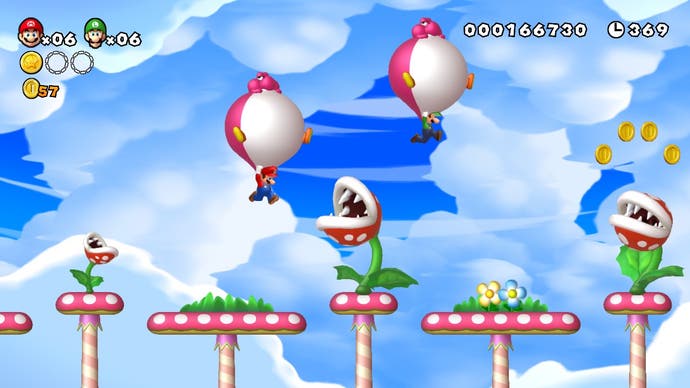
Nintendo can't rely on its huge Wii fanbase either, McCabe continued. A large number of Wii owners are casual gamers - who bought the system for Wii Fit one Christmas and probably never touched Zelda.
"The Wii customers were very much the casual gamers, which is different to Wii U. The casual market is so fleeting - it's there one minute and gone the next," he added.
But gauging demand so soon after launch is difficult. There's so little stock available that even a few sales will cause 'sold out' signs to go up, Jesse Divnich, VP of insights & analysis at EEDAR explained.
"It is tough to gauge current demand levels as shortages exist in the market place. [But] if we look at the grey markets like Amazon and Ebay, we are currently finding used prices for the Wii U (new in-box) to be around 10 to 20 per cent above the retail standard price."
"The thing is to look at completed listings," McCabe added. "Anyone can put it up for £500 but that's probably bol***s. If the completed listings drop below RRP then demand is not there."
A mark-up of 10 to 20 per cent is "lower than during the original Wii launch", Divnich noted. Back then, grey market prices "soared to 50 to 100 per cent above its suggested retail price".
So how much stock is really out there? From our discussions with retailers it appears that there will initially be only a small number of Wii U consoles for anyone who hasn't pre-ordered. Nintendo told us as much last night and explained that it had carefully managed the amount of people who could get a pre-order to make sure everyone who did was able to get one.
"As you might expect, initially much of our stock is already allocated to pre-orders."
Gennaro Castaldo, HMV marketing boss
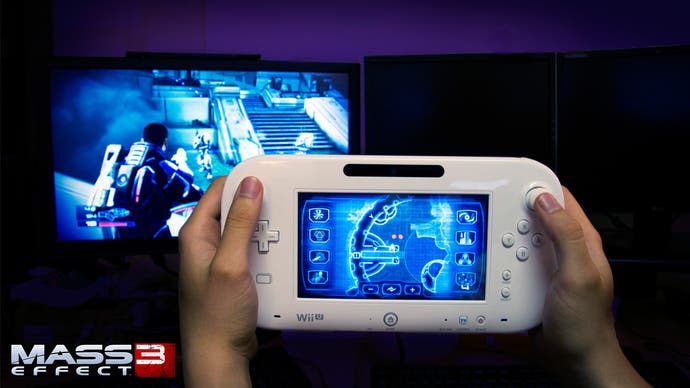
"As you might expect, initially much of our stock is already allocated to pre-orders," HMV's marketing chief Gennaro Castaldo explained ahead of the console's launch. "It's difficult to say with certainty, but after this, once pre-orders have been catered to, we do expect that some customers will be able to come into stores to purchase off the shelf. However, this is obviously subject to availability, and supply may vary from store to store depending on the demand they are seeing."
For what it's worth, three HMV stores we contacted for our launch day price-roundup claimed they only held enough stock to cover pre-order demand.
"We are sold out completely," McCabe said of Chips. "We're getting drip-fed new stock every week but every console will be sold before it hits the shop floor. That's the situation this Christmas anyway. Next Christmas is another matter.
"It needs to sell out day one. From a marketing situation you cannot have a situation where there are piles of it. You need to have the consumers start looking for it. That's marketing rule number one. It helps maintain the system price and will make people think 's**t, I need to get one of those'. You're more likely to want it if it's not available. It's a perverse trick of human nature - you want the things you can't have."
Eurogamer put the charge to Nintendo that by holding back stock from launch it could artificially inflate the appearance of demand. But the company's UK marketing and PR director James Honeywell discussed the ideas as pure "rumour".
"Why would we want to do that? We want to sell as many units as we can," he argued. "It might sometimes make a good headline but that is absolutely not our aim. Our aim is to have adequate stock for those who want one and for those who don't have one on day-one that we have regular shipments to retailers."
Divnich said that if Nintendo was holding stock back it would be "idiotic strategy". "Maybe six years ago it made sense to induce a product shortage, but with the existence of so many substitutes and alternative products in 2012, a product shortage could have a significant and adverse impact on consumer sentiment to purchase," he explained.
"Why would we want to do that? We want to sell as many units as we can. It might sometimes make a good headline but that is absolutely not our aim."
James Honeywell, Nintendo UK UK marketing and PR director
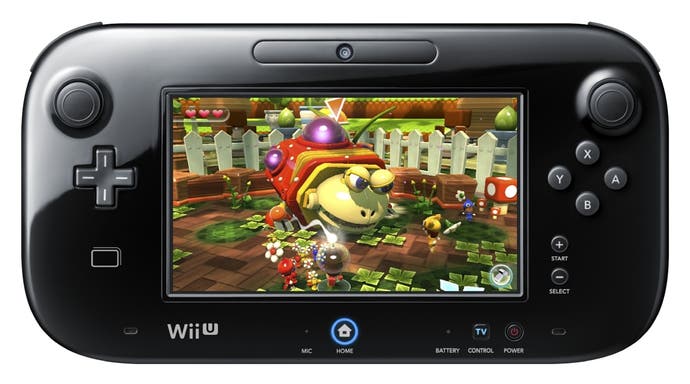
Another factor which may impact sales of Nintendo's year-end Wii U shipment is the console's price. The Wii U follows a much cheaper launch offering with Wii and is the most expensive Nintendo console upon release since the SNES. It must also compete for consumer money with cut-down late-lifespan prices available for the PlayStation 3 and Xbox 360.
"The price point is tough since the console has to compete with current generation offerings from Microsoft and Sony that are 40 per cent cheaper, and has to deal with competitively priced tablets (Nook, Kindle and iPad Mini)," Pachter agreed. "I think that there will be a lot of competition from other products for the first year, and if the next generation consoles from Microsoft and Sony are competitively priced, the Wii U might have trouble a year from now."
Nintendo's usual line is that it does not consider what its competitors are up to when launching its own hardware, but more than ever the company exists in a market crowded with other opportunities for customers to splash their cash.
"We feel the Wii U is priced right and does offer differentiating features than its competitors," Divnich said. "What we have to ask ourselves, however, [is] if we were to own just one console for the next 5 years, would it be a Wii U?"
"Longer term Nintendo will need to demonstrate a high value proposition in the face of competition from other connected consumer devices and directly competing home consoles when courting the mass market at the current price," Harding-Rolls agreed.
"Nintendo will only achieve that high value proposition by following an engagement-led strategy which drives home the value of the device to users on a daily basis. This means opening up its platform to more third-party content, developing its connected entertainment strategy and building a robust online games offering."
McCabe considers the Wii U's long-term future dependent on a more basic problem - that customers are still unsure exactly what the thing is.
"When I talk to people they don't get it - they think it's just the GamePad. They think it's like a big DS or iPad - that you can stick it in your back pocket and walk around with it."
Don McCabe, boss of UK retailer Chips
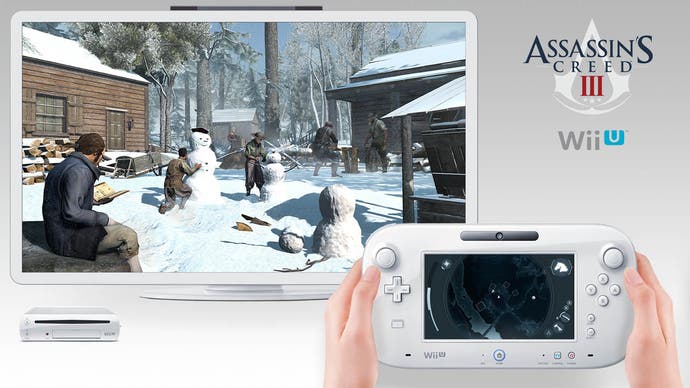
"When you look at the machine and the things that are inside I don't [think the price is too high] - but consumers will. They just look at it as a box, a machine that plays games. But they can get one of those for less than a hundred quid. Even if you buy the Xbox you can get one for £180.
"People who understand what everything is in the box may say it's well worth it, but those people are the core audience. And Nintendo need to go beyond the core audience to the mass market."
From McCabe's own experience Nintendo still has a long way to go before more mainstream customers understand the Wii U's features. "[Wii adverts] showed someone pantsing around and having loads of fun," he explained. "With the Wii U they show people messing around with the GamePad. When I talk to people they don't get it - they think it's just the GamePad. They think it's like a big DS or iPad - that you can stick it in your back pocket and walk around with it.
"There's an awful lot of misunderstanding among consumers and it will only be when the machine is out there and there's a couple of killer apps that get under people's gaming skin that people will start to talk about it."
Harding-Rolls countered this by saying that Nintendo was already working on educating customers about the Wii U, and that this would be something that evolved naturally over time.
"Getting people in front of the Wii U and actually trying it out is the most effective educational process, hence Nintendo's policy of rolling out demo units," he said. "This approach will be a central part of a long-term strategy to market the Wii U. The company will also hope that word-of-mouth recommendations are as effective with the Wii U as they were with the Wii."
"Right now it feels very Vita-ish," McCabe concluded. "When it first launched no one understood it. Sony hadn't explained it that well. I don't think Nintendo have got the message across yet - it hasn't been one of their best advertising campaigns."
Will Nintendo's 5.5m year-end Wii U shipment be a sell out? Analysts and retailers alike seem hopeful - but what lies beyond March 2013 is more uncertain. Nintendo is surely already eyeing the rest of next year, once the Christmas excitement has died down and shoppers have tightened their belts. It is then that the Wii U prove itself and make the leap into the mass market. And, unlike the figures for the next four months, this is a prospect that remains less clear.
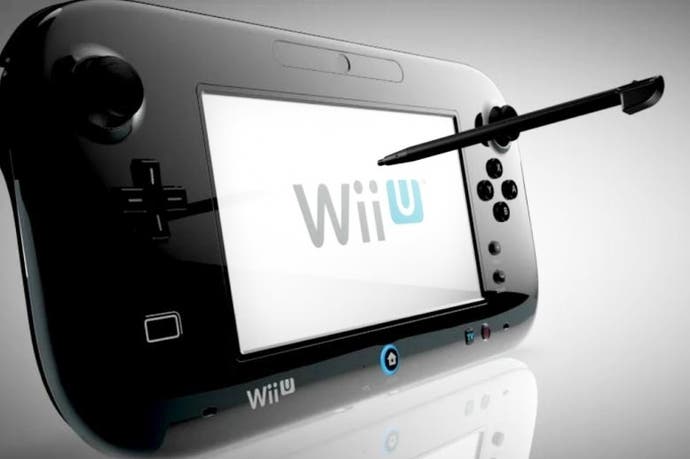

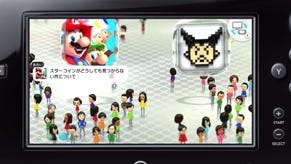

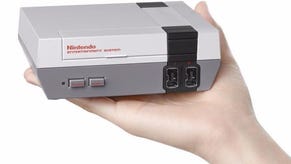
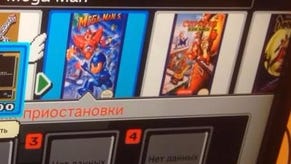
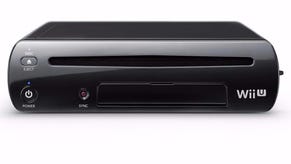
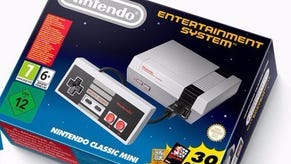
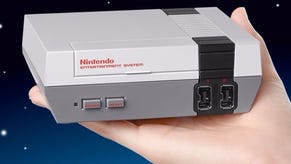
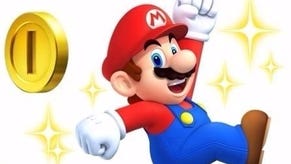

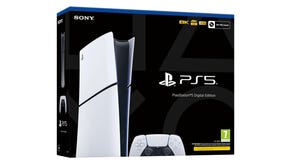
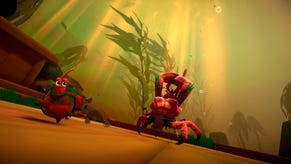

.png?width=291&height=164&fit=crop&quality=80&format=jpg&auto=webp)


